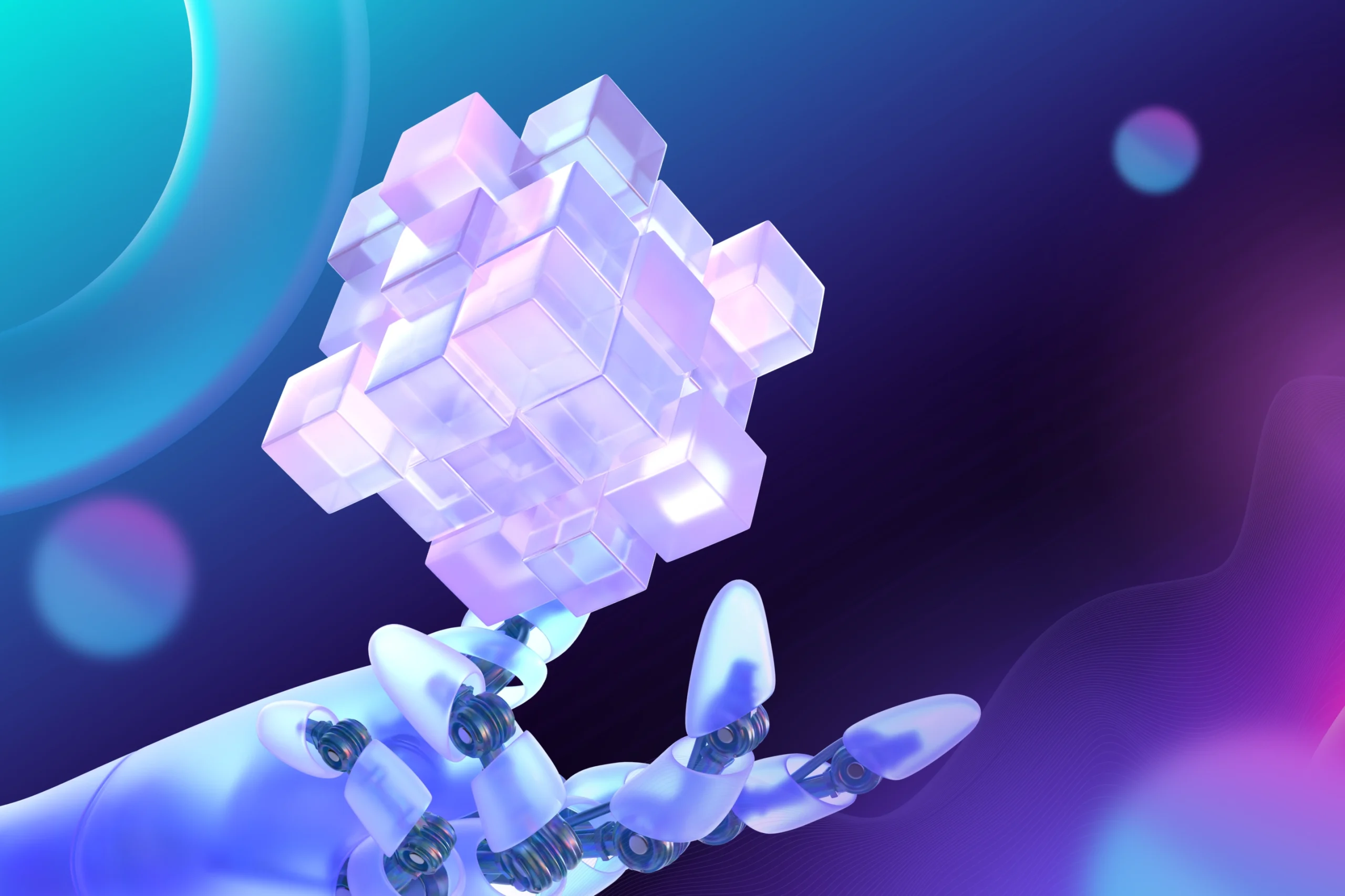Understanding the Shift in Enterprise Automation
As AI becomes a critical part of digital transformation, not all solutions are created equal. Most people are familiar with AI assistants—tools that respond to prompts and provide support. But in the enterprise space, a new paradigm is emerging: AI agents.
This evolution is not just semantic. It marks a shift from supportive interaction to autonomous action—and it’s reshaping productivity across industries.
At Morphis AI, we build solutions that move beyond assistance — toward intelligent, secure action.
What’s the Difference Between AI Assistants and AI Agents?
AI assistants help. AI agents do.
AI assistants (like those used in chatbots or voice-controlled devices) offer helpful responses, suggestions, or summaries. They require user prompts and are reactive by nature.
By contrast, AI agents operate autonomously. They understand business logic, integrate with enterprise systems, and take action—whether that’s generating reports, updating records, triggering workflows, or making decisions based on real-time data.
Side-by-Side Comparison
| Feature | AI Assistants | AI Agents |
|---|---|---|
| Purpose | Assist with tasks | Execute tasks autonomously |
| User input | Prompt-based | Triggered by events or data |
| Scope | Single-task support | End-to-end process execution |
| Enterprise integration | Surface-level | Deep, secure, cross-system integration |
| Example in action | Answers a query | Executes a multi-step workflow |
Why AI Agents Are the Next Step for Enterprises
The growing complexity of enterprise software and workflows has made task automation more critical than ever. AI agents offer:
- End-to-end automation of processes across departments
- Contextual decision-making without manual input
- Secure execution with access control and explainability
- Continuous productivity, even when users are offline
Rather than waiting for users to ask questions, AI agents proactively identify and perform what needs to be done.
Real-World Scenario
Let’s say a team needs performance insights for Q1 sales in Europe.
- An AI assistant might return a chart if prompted:
“Show me Q1 sales in Europe.”
- An AI agent would autonomously:
✅ Access the data systems
✅ Identify underperforming regions
✅ Cross-check against previous quarters
✅ Send a summarized report to leadership
✅ Alert stakeholders if KPIs aren’t met
No back-and-forth. No delay. Just streamlined execution.
How Morphis AI Is Leading the Way
Morphis AI is at the forefront of this transformation. Our platform enables businesses to deploy domain-aware AI agents that:
- Integrate with complex, legacy or modern systems
- Learn from enterprise context and workflows
- Operate securely and autonomously
- Drive measurable productivity and cost gains
By focusing on real-world enterprise application, Morphis AI helps organizations move beyond static AI tools into the future of automation.
Explore more at 👉 morphis-ai.com
Still Confused? Here’s a Simple Analogy:
- AI Assistant = A helpful co-pilot giving directions
- AI Agent = A self-driving system that takes you where you need to go — safely and efficiently
References
- Gartner, Emerging Tech Impact Radar: Artificial Intelligence (2023)
👉 https://www.gartner.com/en/documents/4029066
- McKinsey, The Economic Potential of Generative AI (2023)
👉 https://www.mckinsey.com/business-functions/mckinsey-digital/our-insights/the-economic-potential-of-generative-ai
- Techopedia, AI Agent vs AI Assistant: What’s the Difference?
👉 https://www.techopedia.com/definition/ai-agent-vs-ai-assistant
- Morphis AI, AI for Business Process Execution
👉 https://morphis.tech/products
Frequently Asked Questions (FAQs)
What is an AI agent in enterprise software?
An AI agent is a system that independently performs tasks within business environments — such as generating reports, monitoring processes, or automating workflows.
Can AI agents replace assistants?
Not exactly. They complement one another. Assistants are great for guidance and prompts; agents are ideal for scalable, automated execution.
Is Morphis AI secure for enterprise environments?
Yes. Our platform is built with role-based access control, enterprise-grade encryption, and explainability for transparent and compliant operations.





